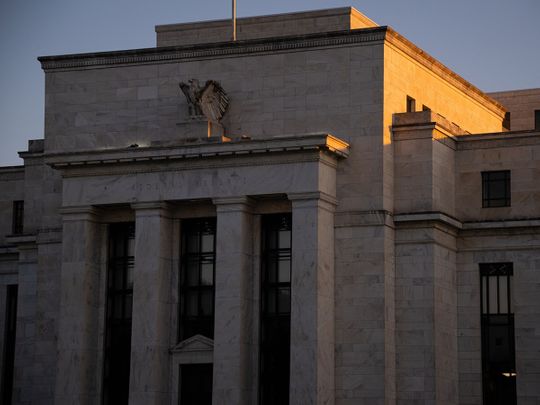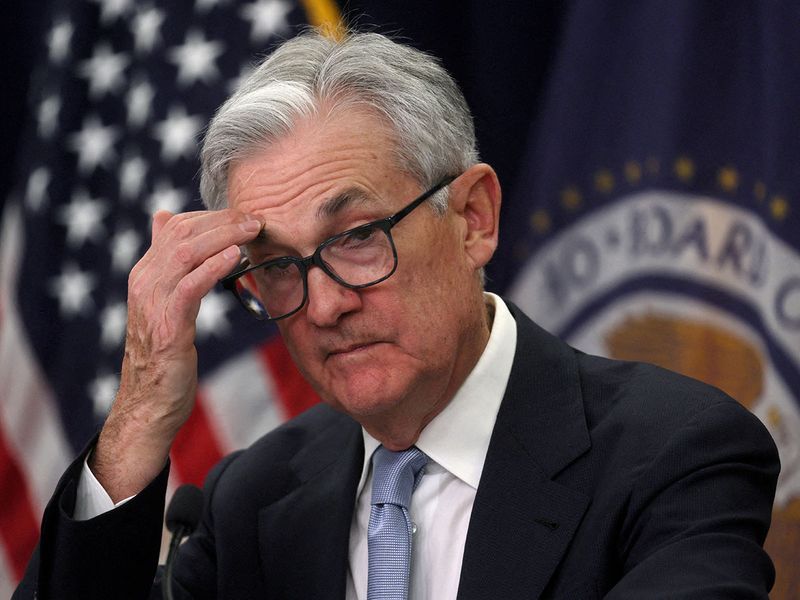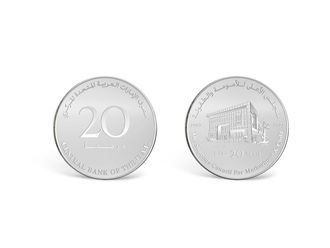
Dubai: Businesses and consumers in the UAE will have to factor in an interest rate hike for the 11th time since March 2022, with the US Federal Reserve confirming a widely expected 0.25 per cent increase at its meeting today (July 26).
What that means for most residents and businesses is an increase coming into effect the next time they make a payment towards their loans and any other outstanding they have. (The UAE dirham’s peg to the dollar means it mirrors interest rate movements as well.)
The US federal funds rate is now at 5.25-5.5 per cent, making it the highest in 22 years.

But Gary Dugan, CIO of Dubai-headquartered Dalma Capital, is not so sure about whether the Fed is done with the hikes.

We believe it is very unlikely this week see the end of the hike season. There are clear signs that the US economy is modestly re-accelerating.
“A re-acceleration of the US economy could easily set off a re-emergence of inflation pressures. Indeed, ever since the better-than-expected US inflation data of last month, oil prices have sharply increased and wheat prices are higher as a consequence of the trouble in Ukraine.”
The Fed had put off a rate hike last month, after mounting concerns that it could trip the US economy into a deep recession. Plus, it was still dealing with the series of crises that had overtaken the US banking sector.
Saudi Arabia raised interest rate by 25 basis points to 6%
Central bank of Kuwait hikes interest rate by 25 basis points to 4.25%
Bahrain raises interest rate by 25 basis points to 6.25%
Qatar's central bank raised key interest rates by 25 basis points
How are UAE consumers adjusting?
There has been no slowing down on demand for loans and other credit, whether that’s among UAE businesses or individuals. The first-half results of the major banks are out, and each of them have pulled out solid income gains. (No doubt, the rate hikes are helping.) But the banks have made strides in extending loans, with the sentiment among clients being that they can take the higher cost of debt in their stride.
Today, the UAE Central Bank issued its latest credit sentiment survey, which echoes the upbeat mood.
Growth in demand for personal loans was registered across all loan categories, with solid demand for housing-related loans, credit cards, car loans, and personal.
“Although changes in interest rates have had some degree of a negative impact on credit demand at their institutions, the positive effects of improved housing and financial market outlook, change in incomes, and seasonal influences have more than offset it.”
For UAE, it’s all in the jobs
Bal Krishen, the Chairman and CEO of Dubai-based Century Financial, is in full agreement about the job market and income generation side of things.
“The UAE is more open to immigrants and migrant labour than the rest of the world, which has helped it attract the best of global talent,” said Krishen. “UAE consumers stepping up their pace of card borrowing could be seen as a vote of confidence in growing economic prospects as the job market remains robust and wages are rising.

The ongoing rebound in the UAE’s key sectors will keep growth above the historical trend during 2023.
“It is expected that the activity in the wholesale and retail sector will pick up, helped by a growing population and the sustained influx of tourists, especially those with elevated purchasing power. This should support corporate borrowing also.”
The Dow Jones Industrial Average rose 26.08 points, or 0.07%, to 35,464.15, the S&P 500 lost 8.5 points, or 0.19%, at 4,558.96 and the Nasdaq Composite dropped 45.25 points, or 0.32%, to 14,099.31.
The US dollar fell against a basket of currencies. Interest-rate sensitive two-year yields fell to 4.883%, from around 4.910% before the statement. Benchmark 10-year yields fell to 3.881%, from around 3.900%.
The closely watched yield curve between two-year and 10-year notes was little changed at minus 101 basis points.
- Reuters












